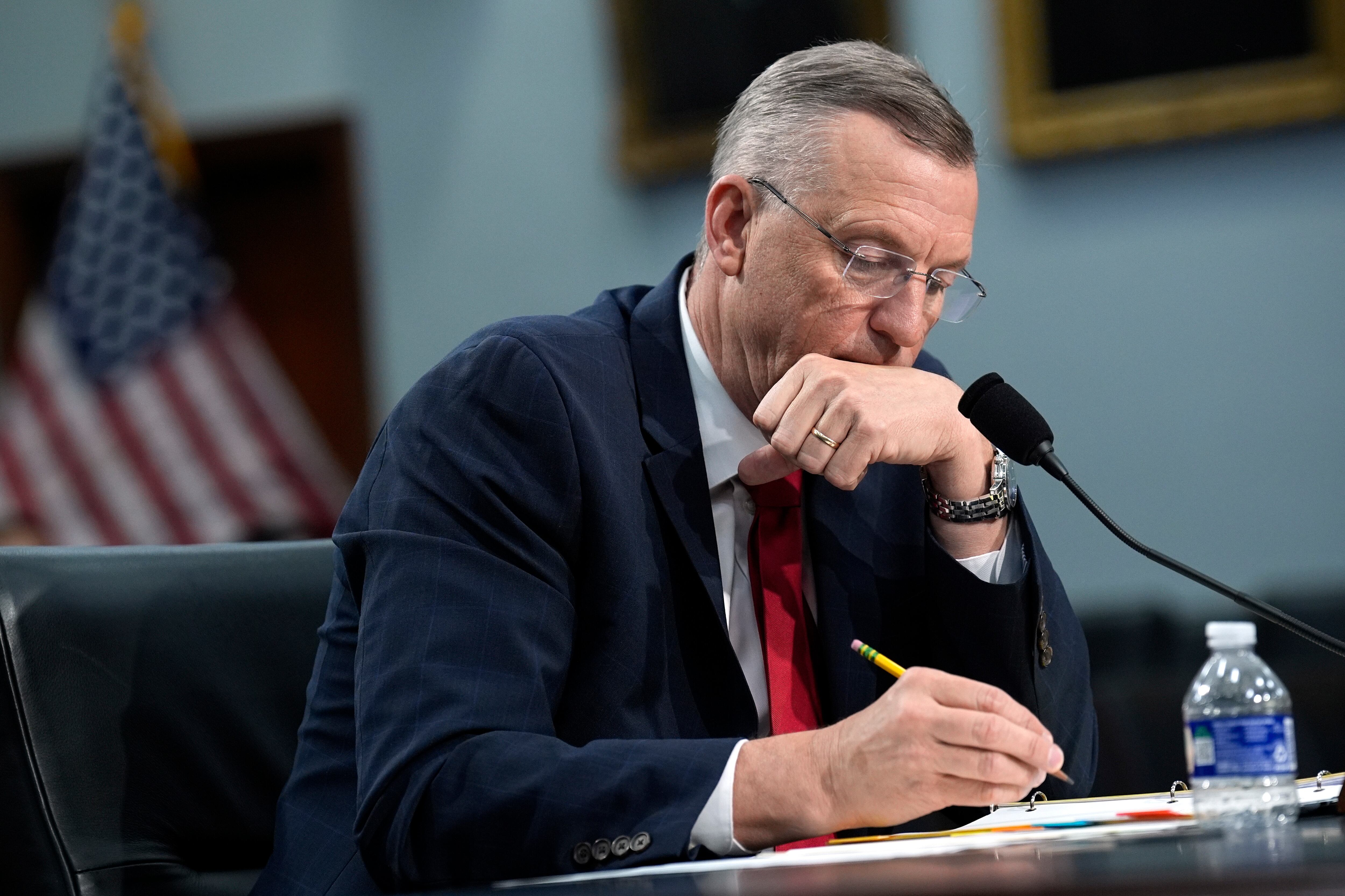The Air Force has repatriated the remains of a B-24 Liberator pilot whose aircraft was shot down by anti-aircraft fire over Bulgaria during World War II, after returning from a bombing mission in Romania.
The pilot, 27-year-old 1st Lt. John Crouchley, died when his bomber impacted the ground. He spent the last moments of his life struggling against his two badly damaged engines to keep the aircraft in flight long enough for his nine crew members to bail out.
Those nine airmen lived to see another day, but Crouchley died on June 28, 1944. After 73 years, a team of mostly U.S. service members with the Defense POW/MIA Accounting Agency took part in a 69-day mission in Bulgaria’s mountainous terrain to search for Crouchley’s remains and bring him home, according to a U.S. Air Forces in Europe press release.
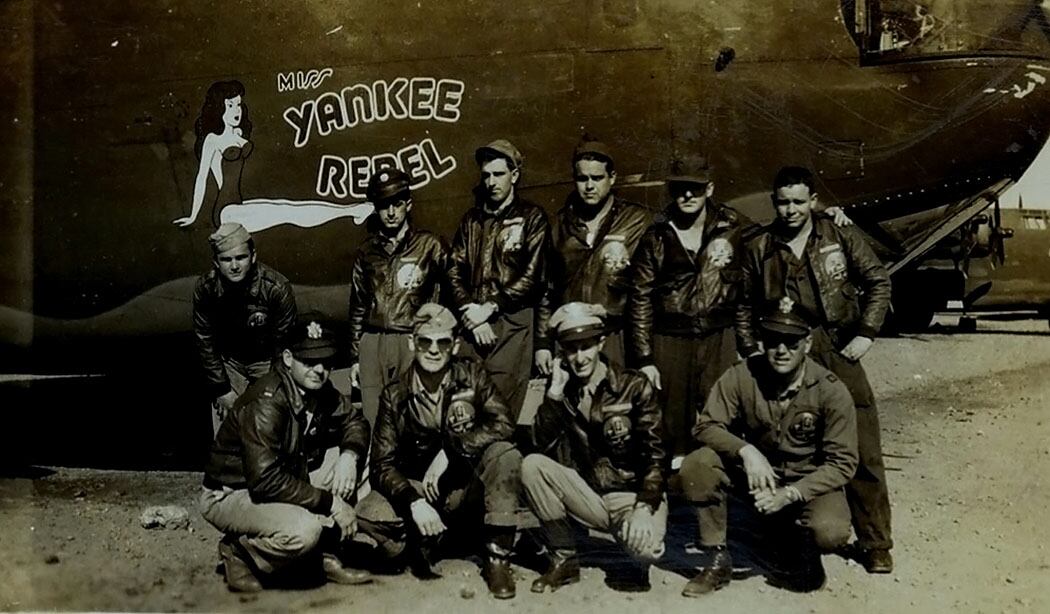
Fortunately, Crouchley’s crash was witnessed by local villagers in Churen, Bulgaria. Though the dead pilot was technically their enemy, as Bulgaria was aligned with the Axis powers until September 1944, the villagers had respect for the dead. They pulled the pilot from the aircraft and gave him a proper burial, including placing a cross over his grave.
Crouchley first enlisted in in the U.S. Army Air Corps in March 1942. After earning his pilot wings, he was assigned to the 828th Bombardment Squadron, 485th Bombardment Group, out of Foggia, Italy.
He began flying combat missions in May 1944. One month later, he died.
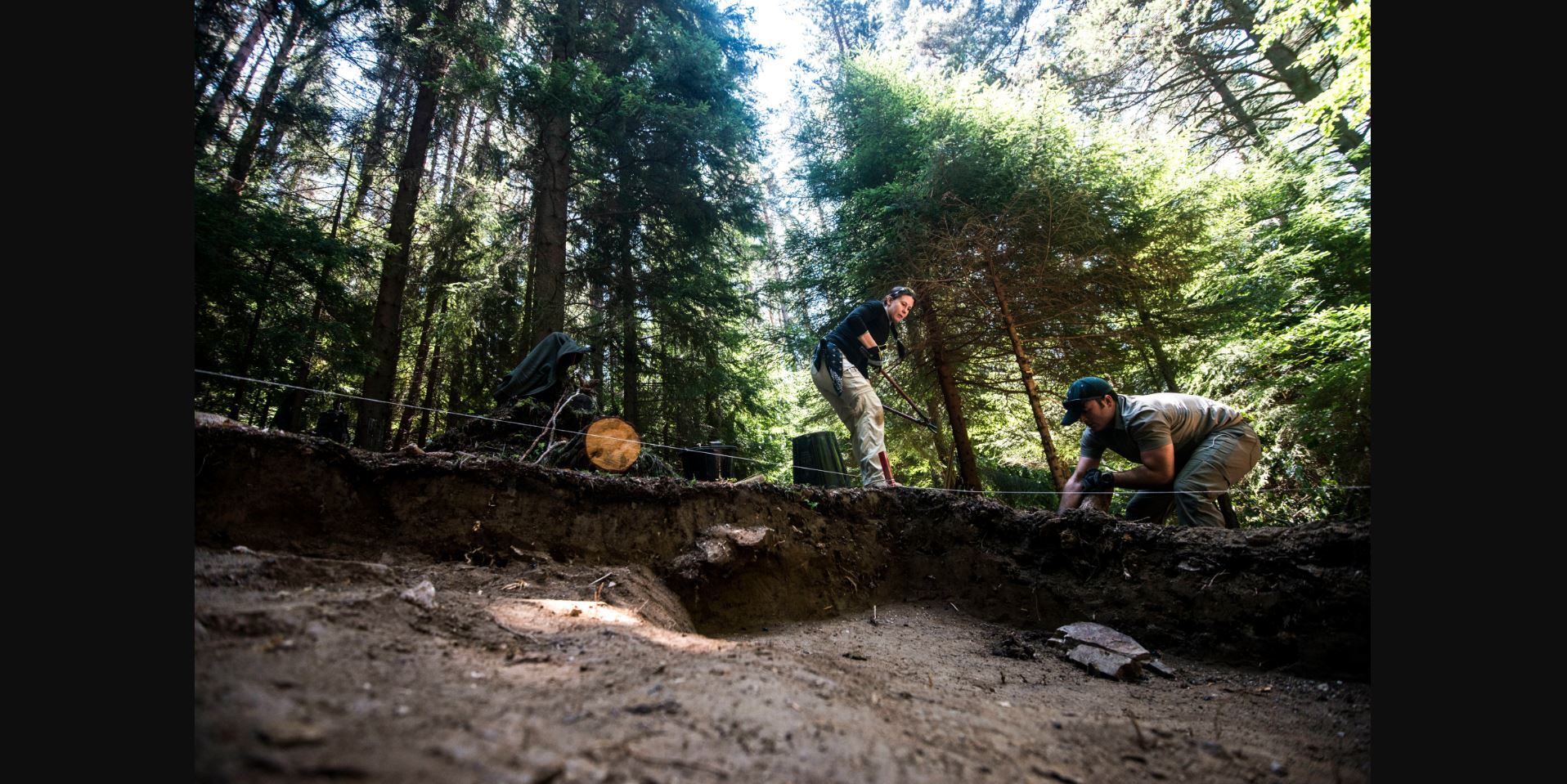
The Defense POW/MIA Accounting Agency organized the search and recovery mission for Crouchley’s remains in 2017 and positively identified them in September 2018.
The team works to account for missing military personnel and return their remains to surviving family members. The organization recovers fallen service members from World War I and World War II, the Korean War and the Vietnam War, among other conflicts.
During the search for Crouchley, the team relied on Air Force Master Sgt. Vedran Ogramic, an Air Forces in Europe-assigned logistics airman, as a translator. Ogramic was born in Bosnia and moved to the United States at age 15 to avoid the series of conflicts that broke out in the Balkans during the 1990s.
Ogramic spoke Serbo-Croatian, but that was close enough to Bulgarian to help the team as they excavated the area.
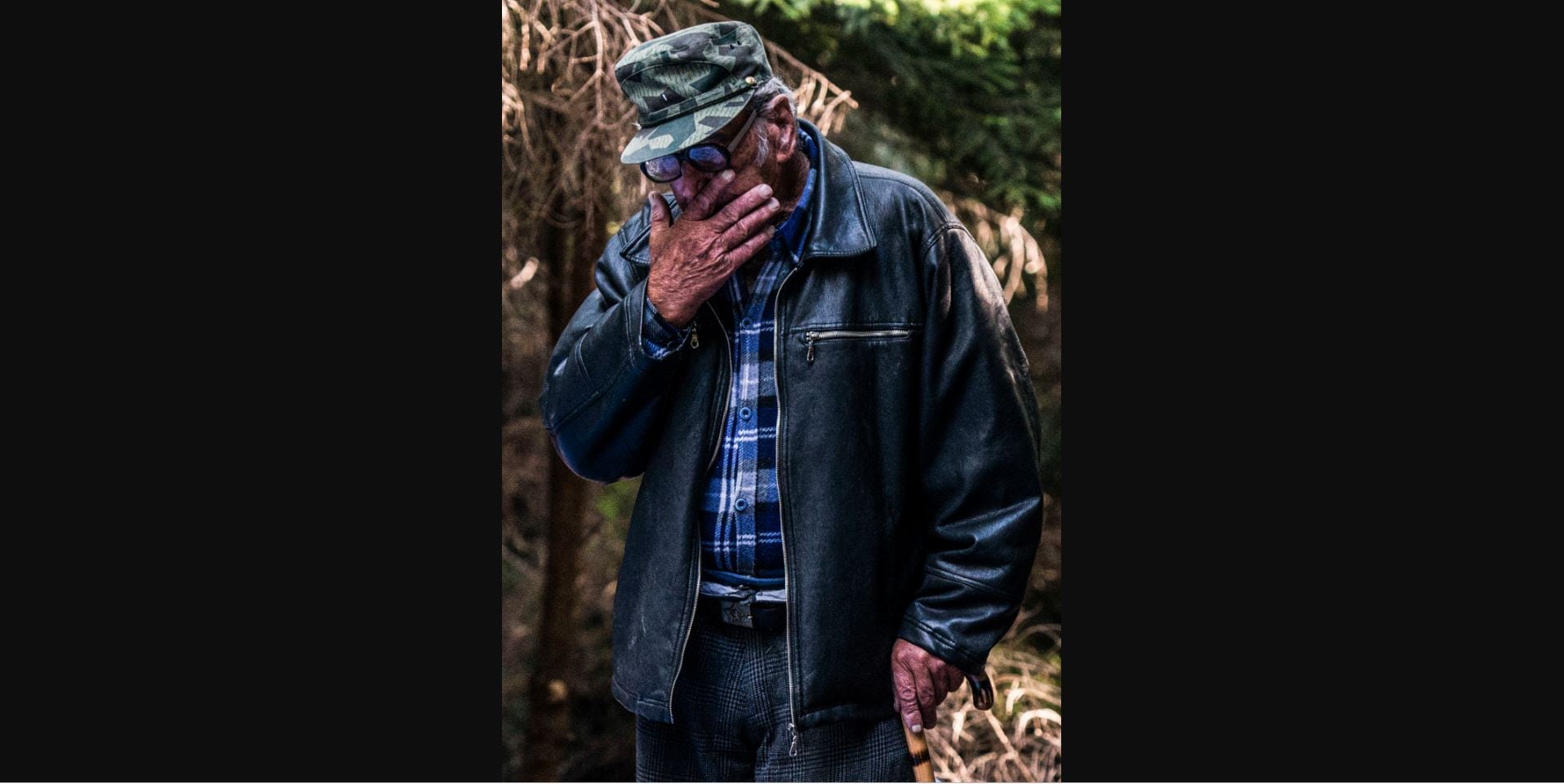
“I just had the opportunity to do one mission, and coming from logistics to the middle of the woods and digging trenches, it was very humbling and unbelievable. I didn’t even know the [Defense POW/MIA Accounting Agency] existed and I think it’s amazing there is an agency that does this all the time,” Ogramic said in the press release.
The team was able to tap into local villagers for assistance, including one man who had helped bury Crouchley.
Lazar Karakashev, then 22, helped pull Crouchley’s body from the wreckage. Seven decades later, at 95 years old, Karakashev provided an eyewitness account that helped pinpoint exactly where the U.S. team should start digging.
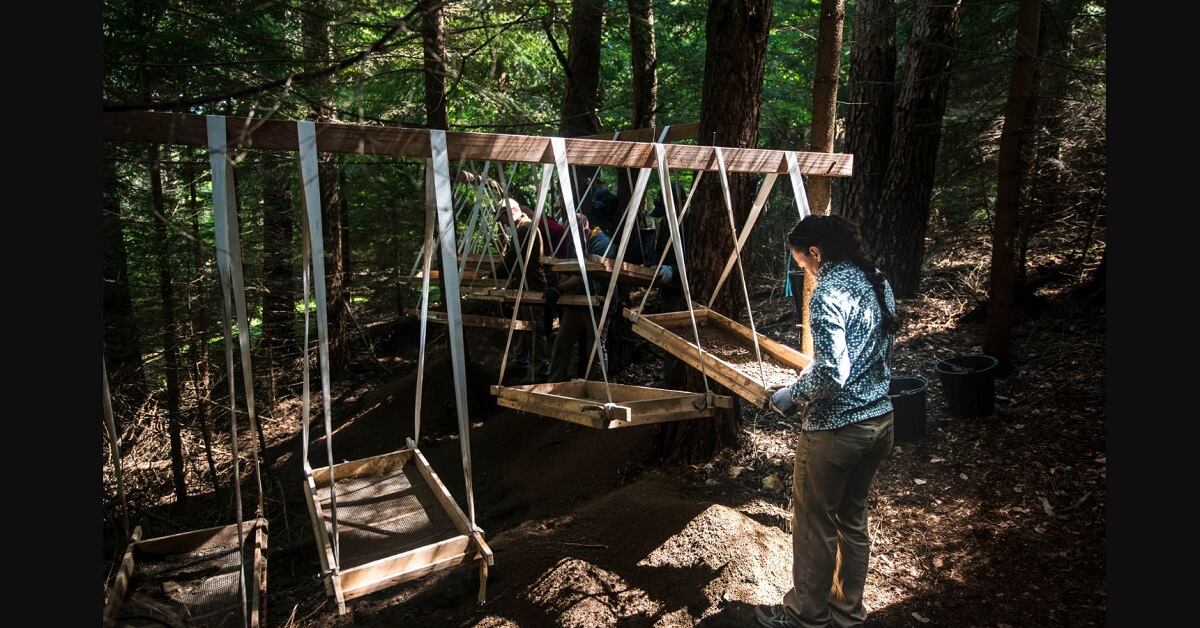
Ogramic served as the U.S. team’s translator for Karakshev and other villagers who helped with the excavation. The Bulgarian government also helped with the project. Bulgaria was a Soviet-aligned country during the Cold War, so missions like this have only recently become diplomatically feasible.
The team eventually uncovered Crouchley’s remains, to include a wedding ring inscribed with his wife’s initials.
“Every day we’d find something — whether it was the ring or a piece of clothing — and use it to motivate us to keep going, despite how tired we were,” Ogramic said. “Without the stories from local villagers to guide us, we would never have found him.”
Crouchley’s partial remains were sent to a laboratory for mitochondrial DNA analysis. He was positively identified this year.
For his heroic actions to save his crew during the war, Crouchley was posthumously awarded the Distinguished Flying Cross, the Purple Heart and the Air Medal.





